Rwanda expects to show on international scene after home domination
Team coach Jock Boyer says several riders must be pro in 2016
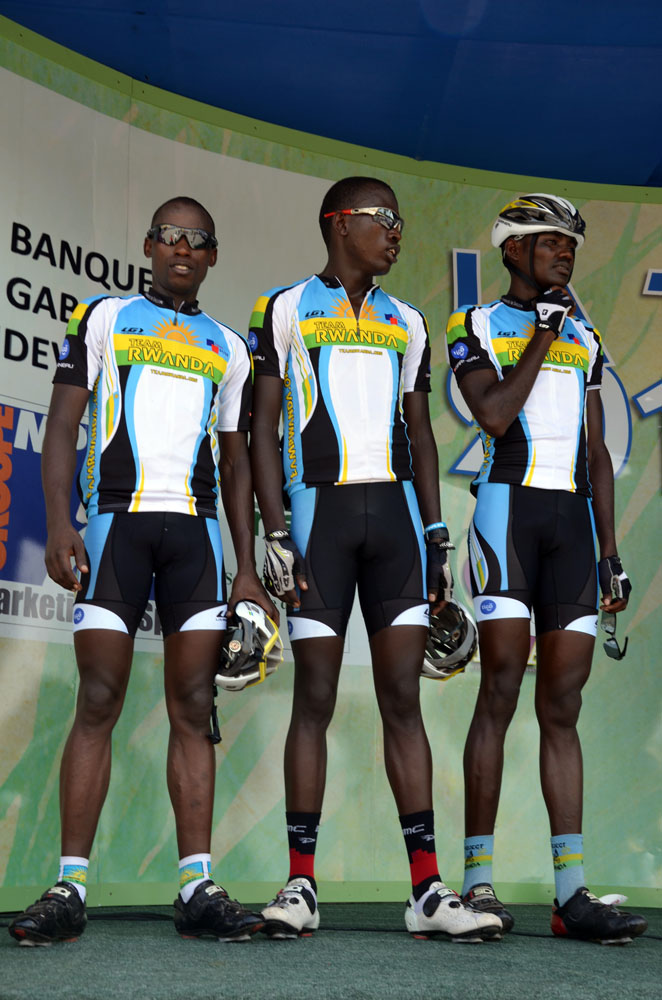
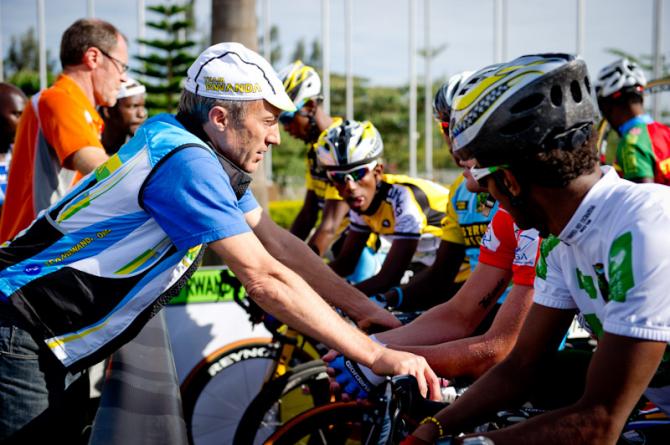
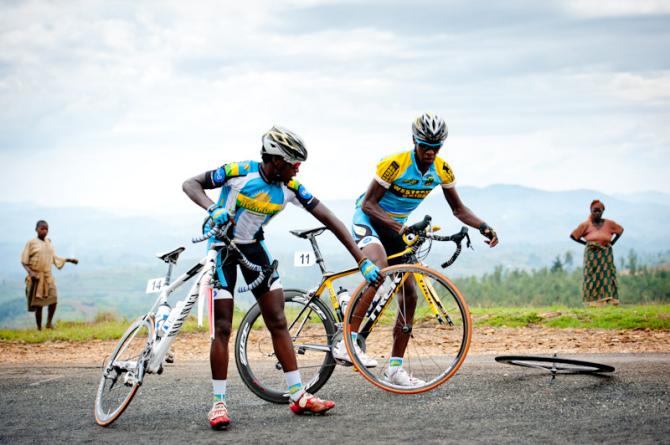
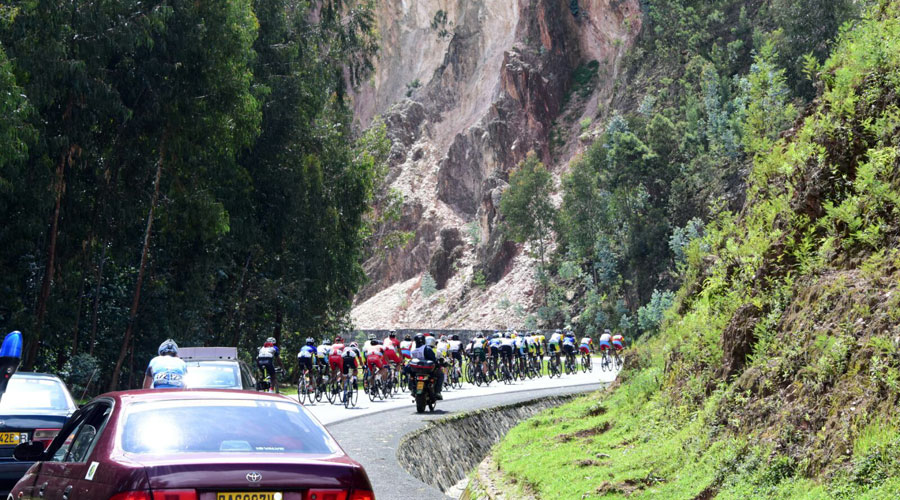
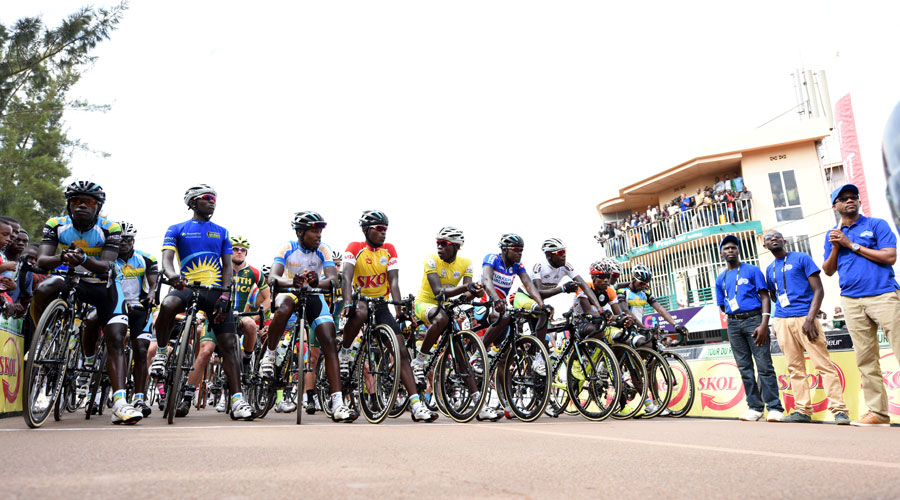
The pressure has a little come down over the Team Rwanda one week after its triumph on his home soil and new ambitions have already raised. The national team occupied all three podium positions, with Jean Bosco Nsengimana in first place, and a total of six places in the top 10. The achievement is particularly impressive as the Tour of Rwanda is considered as one of the two major African races – alongside the Tropicale Amissa Bongo, Gabon – and the hilliest road event of the continent – 15,000 m of altitude difference within 950 km.
Paradoxically the national team says "it has been its most complicated year" since the race has been added to the UCI calendar in 2007. "Until the very last stage, a criterium around Kigali, I didn't know if the team was really in a frame of mind to win," Kimberly Moszyk Coats, told Cyclingnews.
The Team Rwanda Director of Marketing and Logistics refers to a strike the riders started five days before the race, claiming a bonus of $3,000 notably to cover their health insurance. The national team refused this "blackmail" and threatened to withdraw the riders from the roster, including the reigning champion Valens Ndayisenga, a trainee at the World Cycling Centre and now the most popular athlete of the country, in all disciplines.
"It was a misunderstanding and I am glad we sorted everything out," says Aimable Bayingana, the President of the National Federation (Ferwacy). "After such a tricky situation we can even say the team is now stronger than before, as their success proves".
The internal tensions were not the only danger Team Rwanda had to face for eight days. The strong outsiders (such as Jérémy Bescond, a former Cofidis' rider), the heavy rain, the muddy roads and a vicious 15% hill on the penultimate stage, an "African Koppenberg", could have defeated the national team.
However Jean Bosco Nsengimana retained the lead from the prologue where he had taken victory on a fast course around Amahoro Stadium, in Kigali.
Some rivals complained of Team Rwanda using a total of 15 riders dispatched in three national squads, a very big asset as the peloton started with 69 contenders after Algeria, Gabon and Australian team South-DownUnder cancelled the trip. Team Rwanda's General Director, Jock Boyer, recalls "the final podium features the leader of the three national groups". The former US Champion says "the three teams had to work for their own leaders, which certainly helped Jean-Bosco", the leader of national team 1 ("Karisimbi", named after a volcano).
The latest race content, interviews, features, reviews and expert buying guides, direct to your inbox!
To Boyer, Rwandan riders "are strong because they have learnt and trained a lot, thanks to the support of the national federation, the sponsors and the President of Republic Paul Kagame [who offered brand new Pinarello road and time trial bikes]".
The National coach says "Rwandan riders are ready to try their luck in Europe, following the path of Eritreans".
Discussions are ongoing with Continental teams for 2016 and Boyer expects "two to four Rwandan riders will race for third division teams". He doesn't mention which riders might make the jump but Tour of Rwanda winner Jean Bosco Nsengimana, "a strong climber and a talent in time trialing" should be on the list, along with Valens Ndayisenga, the 2014 winner, and Janvier Hadi, already a trainee for Canadian Continental team Garneau-Québecor. All three riders have had a first European experience through the World Cycling Centre, in Switzerland.
Cyclingnews understands Bike Aid, the German Continental connected to Africa cycling might host one or two Rwandans in 2016.
Rwanda cycling counts only one professional so far, Adrien Niyonshuti, 28-years-old, who extended two weeks ago with MTN-Qhubeka (Team Dimension Data in 2016).
Moreover some riders might train in Europe under the jersey of their national team, as the Rwandan federation is going to sign an agreement with Belgian Cycling. "We would like to set up an exchange programme," Ferwacy President Bayingana tells Cyclingnews. "Belgian riders can come to our Training Centre in Musanze for altitude, mountains and good roads. Rwandan riders can go to Belgium to increase tactics and technique on the flat roads and sprints."
The international rise of Rwandan riders might take time, Jock Boyer admits. "Cycling in this country has definitely come from nowhere in 2007 and the current level is quite impressive," he says. "But we are still at the beginning. Grounds of the project are done. Let's see how is the next step going in the long-term plan to send Rwandan riders to the Tour de France."